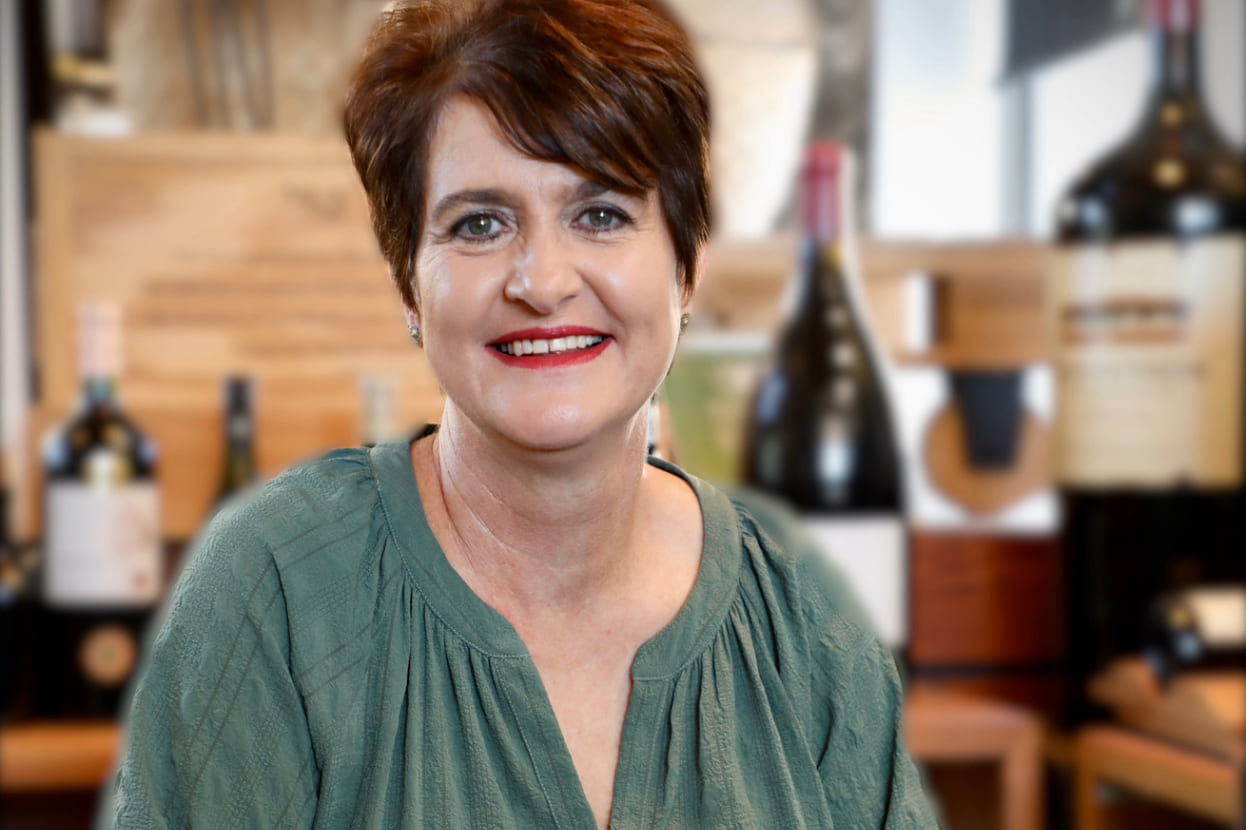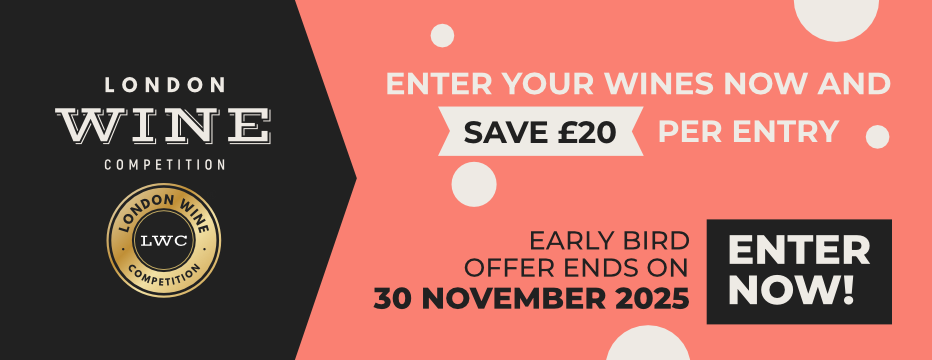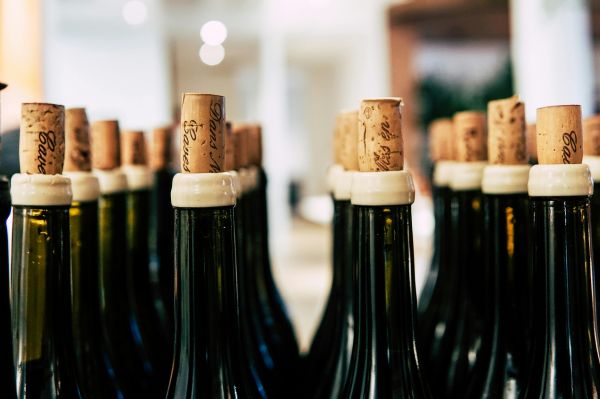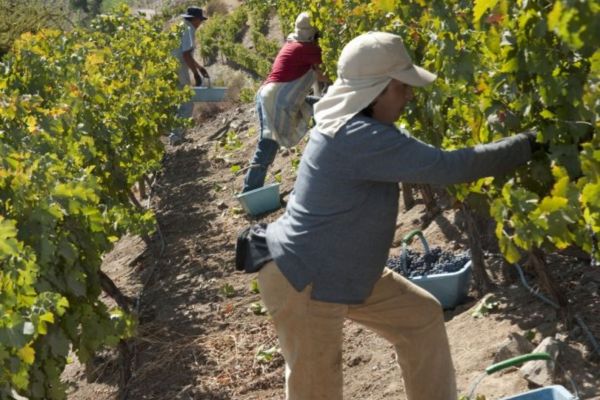
Your Business
Facing the Wine Industry's Challenges: An Interview with Yvette van der Merwe
24/12/2024 As the wine industry battles declining demand, Yvette van der Merwe—President of the OIV—discusses sustainability, innovation, and emerging opportunities in the market
The global wine industry has been facing significant challenges, with declining demand and an oversupply of wine, making 2024 an especially tough year. As these trends persist, 2025 is likely to follow a similar trajectory. In order to grasp the seriousness of the issue the European Union recently discussed implementing "grubbing-up schemes," which involve permanently uprooting vines to balance supply with the reduced demand.
In this critical moment for the industry, we spoke with Yvette Van de Merwe, the first South African President of the International Organisation of Vine and Wine (OIV). Marking its centenary on 29th November 2024, the OIV has outlined a strategic agenda focused on addressing these challenges. In this exclusive interview, Yvette shares insights on sustainability, economic strategies, and the role of innovation in shaping the future of wine.
Edited excerpts from the interview.
You have a strong background as an economist. From an economist’s perspective, what role does wine play in the broader global economy, beyond being a cultural product?
Wine is unique in that it spans an entire value chain, beginning with agriculture and extending into multiple industries. From vineyard farming to manufacturing, packaging, marketing, and retail, it drives economic activity at every stage. It also creates significant opportunities in hospitality and tourism, particularly through wine routes and vineyard experiences.
The OIV has marked its centenary with the adoption of a new strategic plan. Which aspect of this plan do you feel is most urgent for the global wine industry to address?
Sustainability is the most pressing issue, encompassing two critical challenges: climate change and the decline in wine consumption. Climate change disrupts traditional growing conditions, impacts grape quality, and forces regions to adapt to unpredictable weather patterns. To address this, the industry must embrace innovations like resilient grape varieties, precision viticulture, and sustainable farming practices.
Equally urgent is the decline in wine consumption, driven by generational shifts, competition from alternative beverages, and changing health-conscious behaviours. The industry must engage younger demographics, diversify product offerings, and promote wine's cultural and experiential value to remain relevant. Addressing these issues requires a united, forward-thinking approach that balances environmental stewardship with economic sustainability.
Emerging wine regions like South Africa, Moldova, Armenia, Argentina, and Chile are gaining recognition on the global stage. What do you think is driving this growth?
This growth stems from shifting consumer preferences and these regions' unique offerings. Modern wine consumers are adventurous, seeking diversity and new experiences. Emerging regions offer exceptional quality and craftsmanship, often at competitive prices. Their distinct terroirs, unique grape varieties, and rich histories resonate with today’s consumers, making them dynamic contributors to the global wine market.
Countries like South Africa, Armenia, and Moldova are focusing on growing their wine exports. What advice would you give them on navigating trade barriers and optimizing economic policies to support growth?
Wine industries should collaborate with their governments to emphasize their economic contributions and advocate for fair trade practices. This includes eliminating non-tariff barriers and securing international recognition for geographical indications to ensure competitiveness in global markets.
Are there any trends—such as organic, biodynamic, or natural wines—that you believe will play a transformative role in the industry’s global evolution?
One transformative trend shaping the global evolution of the alcohol industry is the rise of no-and-low alcohol products. These products appeal to health-conscious consumers and those seeking inclusivity in their beverage choices. Developing high-quality no-and-low alcohol wines is a significant opportunity for innovation, aligning with changing preferences while preserving the cultural essence of wine.

Image Credits: Yvette van der Merwe
How can smaller wine-producing nations balance the demands of sustainability with the need for economic growth and global competitiveness?
Sustainability should be seen not as a challenge but as an opportunity to innovate and differentiate. By integrating sustainable practices into their core strategies, smaller nations can enhance competitiveness, attract discerning consumers, and ensure long-term economic growth while protecting the environment.
Developing wine tourism has been a powerful tool for countries like Argentina and Chile. How do you see the role of wine tourism evolving, and what opportunities does it present for emerging markets?
Wine tourism offers a multidimensional experience that connects visitors to a region’s culture, history, and landscapes. For emerging markets, it’s a powerful tool for promoting local wines and fostering economic growth. However, its development must be approached thoughtfully, particularly in light of recent calls for “degrowing tourism” such as those raised in Spain, which emphasize the need to balance tourism growth with sustainability and community well-being.
With increasing globalisation, what strategies should wine producers adopt to better connect with consumers in untapped or growing markets like Asia or Africa?
To connect with consumers in untapped or growing markets like Asia and Africa, wine producers must adopt strategies that make wine accessible, relatable, and culturally relevant. Globalisation offers vast opportunities, but success depends on how well producers tailor their approach to these diverse markets. This includes demystifying wine culture, telling compelling stories that resonate, understanding and adapting to local preferences, investing in education and experiences, leveraging digital platforms, focusing on accessibility, and respecting cultural contexts.
If you could pinpoint one major economic challenge the global wine industry will face in the next decade, what would it be, and how can stakeholders prepare for it?
One major economic challenge the global wine industry will face in the next decade is financial sustainability, particularly in the context of fluctuating market conditions, rising production costs, and shifting consumer preferences. At the same time, trade dynamics, such as tariffs, trade barriers, and geopolitical uncertainties, will continue to impact global wine flows and market access.
As a leader, what message would you like to share with the global wine community as it embarks on its second century?
My message for the wine community is a little excerpt from my speech at the OIV’s centenary celebration: "I believe the future holds immense opportunities—if we are brave enough to seize them. Opportunities to lead in sustainability, blending technology with tradition, and inspiring future generations. The challenges we face - whether environmental, economic, or cultural - are too complex for any one country to address alone. Collaboration, the very principle on which the OIV was founded, is not just a value; it is a necessity. Through unity, we have achieved remarkable progress, and it is through unity that we will overcome the challenges ahead. We are the custodians of a legacy that spans a century and the architects of a future that will define the next hundred years of vine and wine.”
Yvette Van de Merwe’s insights underscore the importance of adaptability and unity as the wine industry confronts pressing challenges. From sustainability to shifting consumer preferences, her leadership at the OIV signals a transformative era. As the global wine community charts its course into the next century, innovation, collaboration, and a commitment to balance will be essential.
Header image sourced from Yvette van der Merwe.
Related Links:
Diversify Your Wine Lists with UK’s Leading Specialist Wine Importers and Merchants
From Supermarket To Award Shows: The Boom Of Private-Label Wines And Spirits













